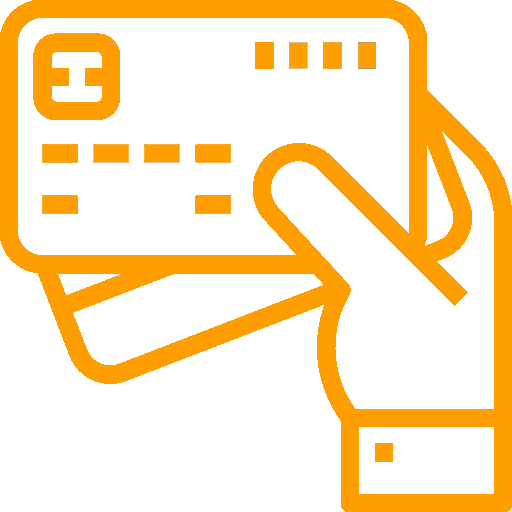
Cashless Economy
- With few exceptions, all laws regulating sovereign payments do not include provisions that require electronic or bank payments. Currently, the use of an electronic payment mechanism is required only under Law 201 of 2014 (amending the Income Tax Law No. 91 of 2005) and Decrees No. 117 and 172 of 2015 issued by the Minister of Finance, which pertain to income tax payments.
Responsible Entities
Date 1/21/2019
- Amend the relevant laws regulating sovereign payments so that they mandate the use of bank or electronic payment methods for concluding transactions that exceed a prescribed threshold amount. The amendments should also allow the use of mobile payments for transactions that fall below the threshold amount.
- Enforce the law with respect to transactions carried out by the private sector or individuals if the transaction amount exceeds the thresholds stipulated in the law or its executive regulations, once issued.
Responsible Entities
Date 3/21/2019
- Law 18 of 2019 requires all government entities, state-owned companies, and private enterprises to use cashless means for making all payments to their employees, experts, and board and committee members, as well as the social insurance subscriptions. Besides, the law requires government entities and agencies, and public legal persons, referenced in Article 2, to pay all dues to contractors, suppliers, and service providers through non-cash methods, whenever the dues exceed a specified threshold amount to be specified in the executive regulations of the law.
Responsible Entities
Date 3/11/2019
